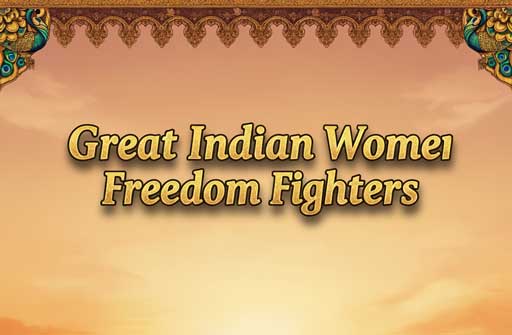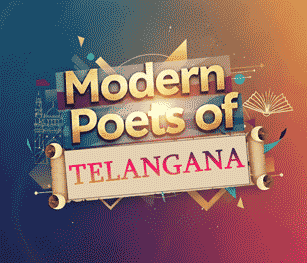Rowlatt’s Law
In 1917, the British government formed a committee headed by British judge Sir Sydney Rowlatt and named it the ‘Rowlatt’ or ‘Sedition’ Committee. The members of this Rowlatt Committee were Sir Basil Scott, Sir Vernie Lovett, Kumaraswamy Sastry and Prabhash Chandra Mitter. The British government implemented this law in 1919. According to this Rowlatt Act, it was possible to detain anyone without a warrant for any length of time (as opposed to habeas corpus), search any person’s house, and confiscate property and try the accused in special courts.
In protest against this prohibition law, Mahatma Gandhi started Satyagraha on 14 February 1919 and formed an association called Satyagraha Sabha with the participation of Swami Shraddhanananda, a member of the Arya Samaj. On 06 April 1919, the Rowlatt Satyagraha movement started in Bombay under the leadership of Gandhiji. Later, the fast was called off after the Jallianwala Bagh massacre.
Rowlatt Act (1919)
- In 1917, the British government appointed a committee headed by Sir Sydney Rowlatt, hence called the Rowlatt Committee (or Sedition Committee).
- Members: Sir Basil Scott, Sir Vernie Lovett, Kumaraswamy Sastry, and Prabhash Chandra Mitter.
- Based on its recommendations, the Rowlatt Act was passed in 1919.
Key Provisions of the Rowlatt Act:
- Detention of individuals without warrant or trial.
- Suspension of the right to habeas corpus.
- Authority to search houses, confiscate property, and try accused in special courts without jury.
- Widely criticized as the “Black Act.”
Rowlatt Satyagraha (1919):
- In protest, Mahatma Gandhi launched Satyagraha on 14 February 1919.
- Formed the Satyagraha Sabha, with support from leaders like Swami Shraddhananda (Arya Samaj).
- On 6 April 1919, the movement began with hartals and peaceful protests in Bombay under Gandhiji’s leadership.
- However, violence broke out in some regions, and the Jallianwala Bagh massacre (13 April 1919) deeply shocked the nation.
- Following this tragedy, Gandhi suspended the movement to prevent further violence.
Read in Telugu








Super